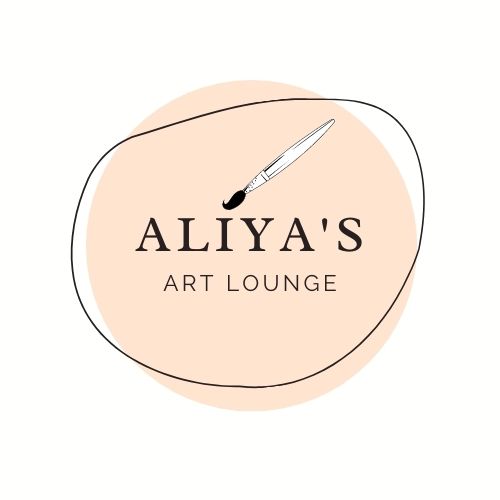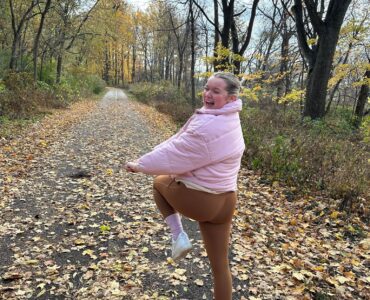National ADHD Awareness Month
By: Aliya Blackburn
Disclaimer: I am not a licensed therapist.
October is National ADHD Awareness Month. Which means, this month I want to shine a light on the many children and adults living with ADHD around the world. According to The Centers for Disease Control, as of 2016, approximately 6.1 million children between the ages of 2 and 17 have been diagnosed with Attention Deficit Hyperactivity Disorder (ADHD). There is no “cure” for ADHD but there are many ways to treat it.
There are many symptoms of ADHD, such as:
- Difficulty concentrating
- Hyperactivity
- No impulse control
- Lack of focus
- Lack of organization
- Lack of motivation
- Anxiety
- Lack of self-esteem
ADHD does require a medical diagnosis to confirm you do have it. And it’s very important to get a diagnosis from a doctor so you can get proper treatment. Most of the time, ADHD starts in childhood and can lead into adulthood. It can be especially hard on children because it affects self-esteem, can make school harder and make relationships more difficult.
Ways to treat ADHD:
Medication
There is medication specific for ADHD to help treat and manage symptoms. If this is something you are interested in, call your doctor and ask. Medication can be tricky and isn’t for everyone, so ask a professional for help and advice.
Naturally
There are natural ways to help manage ADHD. Such as getting a good amount of sleep every night, eating a well balanced healthy diet, exercise, yoga/meditation and taking vitamins everyday. All these things combined can really help manage your ADHD.
Therapy
Therapy can definitely help with ADHD. Therapists can teach skills such as time management and organization skills. Learning these types of skills in therapy can lead to living a more balanced life with ADHD.
I, myself, have ADHD. I was diagnosed at 18 years old. To get diagnosed, I had to take an all day test where I did lots of games with flashcards, trying to remember things and focus as well. My parents and some of my high school teachers had to provide their input about me as well. There was a long interview process as well where I answered questions about my day-to-day experience. And with all the information they gathered, they told me I did have ADHD.
My personal symptoms include: Lack of concentration, anxiety, hyperactivity and lack of focus. These things made school and test-taking very difficult for me. It sometimes appeared that I was just not listening to the teacher; but in reality, I was trying very hard. Having ADHD has taught me a lot. It taught me to value when other people are talking to me and to listen to them. Because it is so hard for me to be able to actively listen to someone when they talk to me. But I am really working on it. Living with ADHD can be manageable; you just need to talk to a doctor or therapist about it to learn how to manage day to day.
I hope this blog helps you if you have (or think you might have) ADHD or if it affects someone you know. I encourage you to help spread awareness about Attention Deficit Hyperactivity Disorder (ADHD). 




